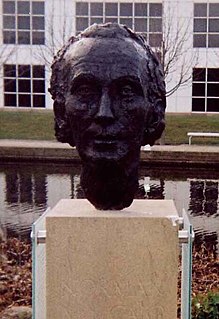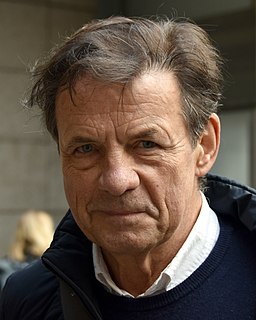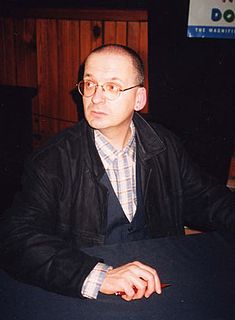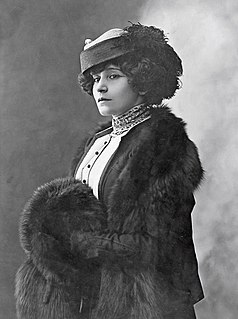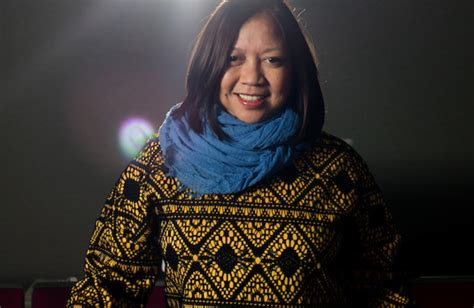A Quote by Terry Pratchett
I've lost both parents in the last two years, so you pick up on that stuff. That's the most terrible thing about being an author - standing there at your mother's funeral, but you don't switch the author off. So your own innermost thoughts are grist for the mill.
Related Quotes
There is a period in your life when you need your parents and a period in your life where you only think you need your parents. Something clicks, there's a little switch that goes and your parents, who had been the wind beneath your wings, through no fault of their own can start to oppress a bit, can start to stop you doing stuff.
Reading a book should be a conversation between you and the author. Presumably he knows more about the subject than you do; if not, you probably should not be bothering with his book. But understanding is a two-way operation; the learner has to question himself and question the teacher, once he understands what the teacher is saying. Marking a book is literally an expression of your differences or your agreements with the author. It is the highest respect you can pay him.
Basically, if you shoot your own stuff, you can just pick up a camera and some wireless microphones, grab a couple of LEDs, and you're off and running. And if you don't shoot your own stuff, you can just grab one other person to do camera and you can learn how to do the sound, and you're off and running.





